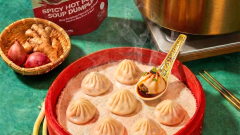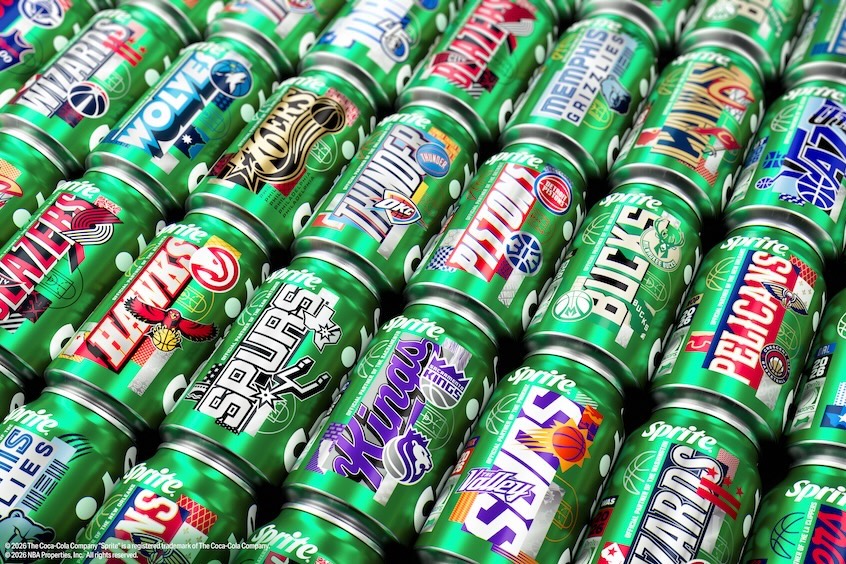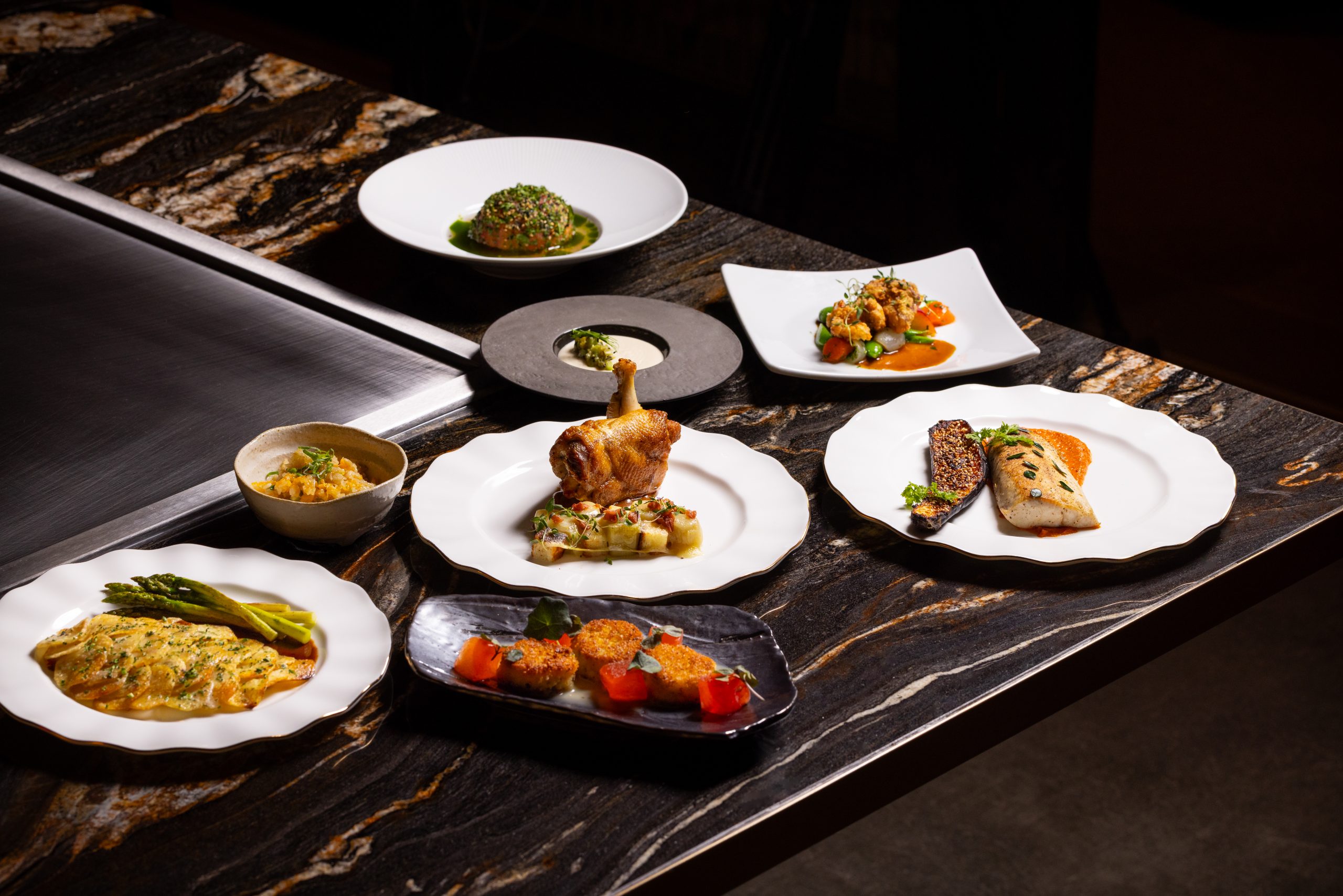Birthday Candles Drive Away Evil Spirits And Other Food Superstitions Explained

Have you ever witnessed a chef knock over their salt shaker and, without hesitation, take the salt and throw it over their left shoulder? Or maybe you’ve seen two family members fight over who gets to snap the wishbone and questioned why. If so, you’re in the right place. Let’s explore some of our most unique culinary traditions and superstitions:
Throwing Salt Over Your Left Shoulder

One of the most commonplace superstitions you might see in any kitchen is throwing salt over your left shoulder after salt is spilled. Superstitions tells us that spilling salt will bring you bad fortune. The cure? Take a pinch of the spilled salt and throw it over your left shoulder where the devil was rumored to sit. Tossing salt into the devil’s eyes kept the devil at bay long enough to ward off any misfortune.
Never Place Chopsticks Upright

This was a new one for me, but now that I’m aware of it, it’ll definitely stay on my radar. Called tsukitate-bashi (突き立て箸), the Japanese culture sees the act of sticking two chopsticks upright into a bowl of rice as taboo. At a Japanese funeral, this act is carried out to ward off evil spirits. It is also meant as a symbol of bad luck.
Cracking the Wishbone

Another incredibly popular tradition in the US and UK, especially around Thanksgiving, is the cracking of the wishbone between two people. Back in the day, if a chicken or other fowl was killed, the collarbone was said to be sacred. The bone was left, untouched, to dry out in the sun and later pulled apart by those who had killed the bird. Their hope was to honor the bird for its sacrifice and ask for good fortune. Nowadays, the tradition has evolved into whomever gets the bigger piece of the wishbone gets their wish granted.
Birthday Candles Drive Away Evil Spirits

“Happy Birthday to you! Happy Birthday to you! These candles will ward off any evil from you!” Okay, so I took the liberty of changing the words for theatricality, but you get the idea. While we are accustomed to a lit candle in a birthday dessert, the tradition actually stems from German customs where the number of candles on a cake represented the number of years to be celebrated plus one extra candle representing “the light of life.” The lit candles on the cake represented the glow of the moon and the smoke from the candles was meant to carry prayers and wishes into the sky for God.
Good Luck Grapes

While I’ve never experienced a lucky grape in my life, the juicy fruit bodes a much different message to our southern neighbors. According to South American tradition, the New Year is ushered in by eating twelve grapes at the stroke of midnight, one representing each month in the new year. But take caution: any “sour grapes” you consume is indicative of a bad month in your future.
Newlyweds Being Showered in Rice

Weddings are beautiful, aren’t they? The exchanging of vows, the light jokes from the officiant, and of course being pelted with uncooked rice grains. This superstition dates all the way to our Roman ancestors who would shower newlywed couples with wheat or oat seeds, symbolic with the birth of a new life and good fortune. It wasn’t until the Middle Ages where rice was introduced to symbolize wealth, fertility, and good health.
Eggs, Eggs, and More Eggs

Using eggshells for a good harvest? In this economy? Our ancestors believed in the power of eggs and their symbol of fertility. Farmers would plant whole eggs or eggshells between their crops to ensure a bountiful harvest. Another fertile fact: It is believed that cracking open an egg and finding two yolks is a symbol for many children in your future. One more egg-celent tip, if you’re planning on baking a homemade cake, bake it as the sun rises and don’t even think about throwing away the shells before the cake is finished baking. Premature disposal of eggshells is an omen of bad luck. If that’s the case, I’m screwed.






















